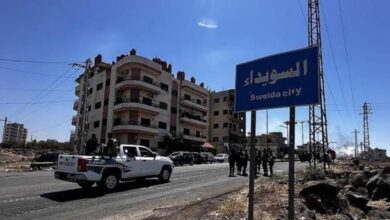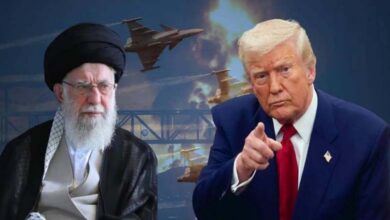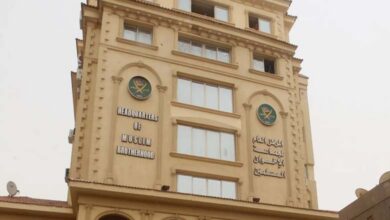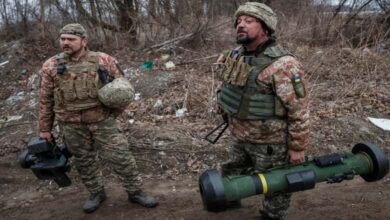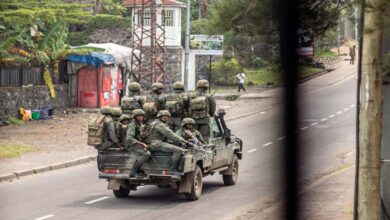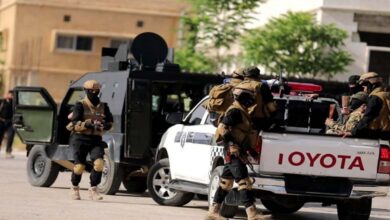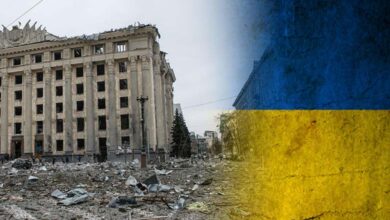Sudan crisis – Khartoum and Washington discuss “the complexities of the situation”
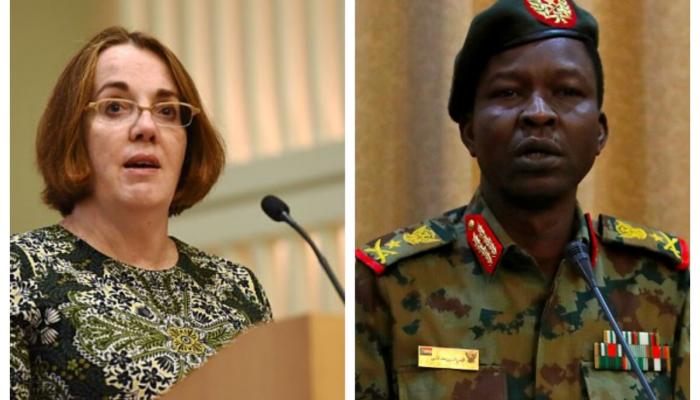
Member of the Sudanese Sovereignty Council Shams Eddine Kabashi discussed with a US official the developments and complexities of the current situation and the ongoing efforts to solve it.
Kabashi made the remarks during a telephone conversation with US Assistant Secretary of State for African Affairs Molly Fei, according to a statement issued Friday morning by the Council’s media.
According to the statement, the two sides discussed “all the developments and complexities of the current situation in the country and the ongoing efforts to resolve it” following the resignation of Prime Minister Abdallah Hamdok.
During the phone conversation, the member of the Council of Sovereignty gave a detailed explanation of the complexities of the situation in the country and the ongoing efforts to resolve it through a comprehensive dialog between the political forces and other components in the country, leading to a national consensus to manage the remaining period of the transition.
He stressed the need to agree on the appropriate mechanism to nominate a new prime minister and form an executive government as soon as possible to fill the long void in the executive branch, stressing the need to hold free and fair elections by the end of the transitional period, after which an elected civilian government will be in charge.
Molly said the United States is willing to support a dialog led by the Sudanese with UN facilitation to reach a national consensus that excludes no one and ensures the participation of women and youth.
She also reiterated Washington’s support for free and fair elections by the end of the transition period to an elected civilian government.
Transparent investigation
On the same note, the two officials agreed that peaceful demonstrations are a right guaranteed to the Sudanese people with the obligation not to harm the public and private property of the people.
They also agreed on the need to review and develop methods for dealing with demonstrations, and stressed the need to conduct a transparent investigation into the abuses that accompanied them and hold those responsible to account.
Crisis
Sudan witnessed frequent protests since tensions in the country last October, when army chief Abdel Fattah al-Burhan dismissed the civilian transitional government.
A political agreement between al-Burhan and Abdallah Hamdok, the head of the outgoing government, last November failed to put an end to repeated protests against the ruling authorities, plunging the country into a state of uncertainty amid fears of a political deadlock.
On October 25, al-Burhan decided to suspend some provisions of the constitutional document and dismiss the civilian government, before reaching an agreement with Prime Minister Abdallah Hamdok to restore the transitional path rejected by civilian political forces.


